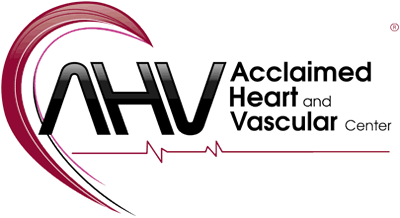Tuesday, 04 September 2018 12:22
What is Tachycardia?
Tachycardia refers to a fast-resting heart rate - usually at least 100 beats per minute. Tachycardia can be dangerous, depending on its underlying cause and on how hard the heart must work.
In general, the adult resting heart beats between 60 and 100 times per minute. When an individual has tachycardia, the upper and/or lower chambers of the heart beat significantly faster.
Our heart rates are controlled by electrical signals that are sent across the tissues of the heart. When the heart produces rapid electrical signals, tachycardia occurs.
When the heart beats too rapidly, it pumps less efficiently and blood flow to the rest of the body, including the heart itself, is reduced.
Published in
Heart Disease

